Citizenship by Investment Countries
Citizenship by Investment has become a crucial element of modern wealth planning for individuals seeking greater global mobility, long-term security, and a reliable “Plan B.” Although many assume 20 countries currently offer residency or citizenship by investment, only ten will maintain active, properly structured CBI programmes by 2026. Europe’s final remaining CBI option, Malta, was shut down in 2025 following an ECJ ruling that effectively ended all EU-based CBI pathways. As a result, the global focus of investment citizenship has shifted to the Caribbean Citizenship by Investment Countries, where five well-regulated CBI programmes now lead the industry. These jurisdictions continue to attract investors with efficient processing, robust due diligence, and passports that offer extensive visa-free travel.
.png)
Today, wealthy families, high-net-worth individuals, and entrepreneurs are increasingly prioritising optionality and the assurance of a well-structured Plan B. The demand for investment-migration products has never been higher, and securing a second citizenship has become an essential part of modern wealth and legacy planning. While it is commonly believed that 20 countries currently offer residency or citizenship by investment, in reality, only ten Citizenship by Investment Countries in 2026 actually run active programmes that grant second passports.
Hundreds of thousands of people have obtained second citizenship through Citizenship by Investment Programmes in recent years. However, politically driven policies, including those in the EU, have significantly reshaped the CBI landscape. For example, the closure of Spain’s golden visa programme was justified on the grounds that it substantially affected property prices across Spain, despite only ~15,000 golden visa approvals compared with millions of residential property units in Spain. Even more impactful has been the April 2025 ruling by the European Court of Justice on Malta’s CBI framework, which effectively closed the door on all CBI programmes across Europe - both (i) within the EU and (ii) among countries pursuing EU accession.
Sophisticated investors prefer citizenship over residency, as residency status - while convenient - can be revoked or lost through policy shifts. Citizenship, by contrast, is permanent and inheritable, offering longer-term security, intergenerational benefits, and access to greater global mobility. Citizenship by Investment is often the most straightforward and efficient route to obtaining a second passport and citizenship.
Caribbean Citizenship by Investment programmes - offered by Antigua and Barbuda, Dominica, Grenada, Saint Kitts and Nevis, and Saint Lucia - are nowadays increasingly in the spotlight, as these will be the only five programmes available in 2026 that continue to provide second passports with extensive visa-free travel privileges. The region is also moving toward more unified oversight under the Grenada-headquartered Eastern Caribbean Citizenship by Investment Regulatory Authority.
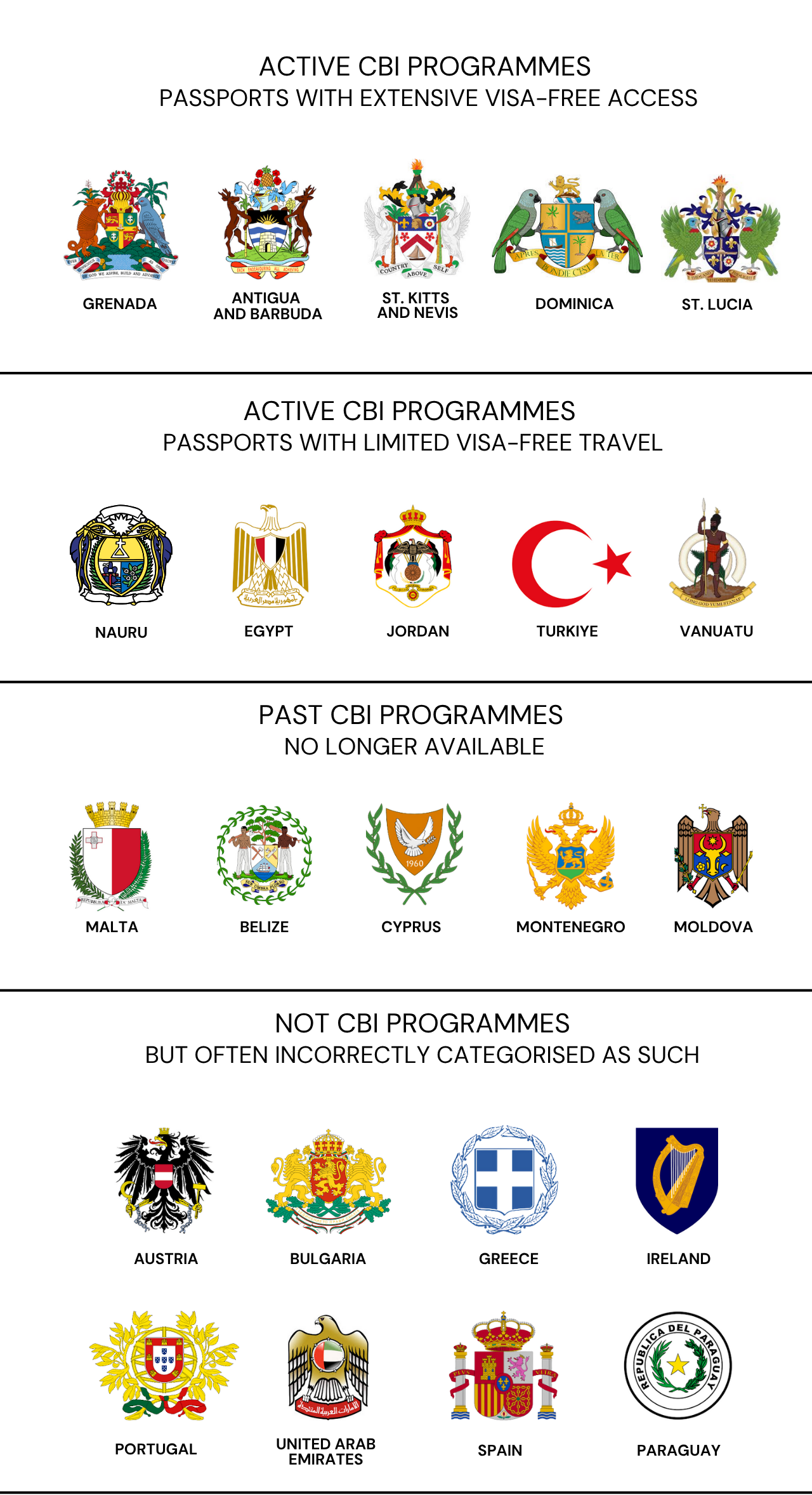
Countries Offering Citizenship by Investment in 2026
Active Citizenship by Investment Countries include five Caribbean countries, two Pacific islands, Egypt, Jordan, and Türkiye. Overall, as outlined in the above table, Citizenship by Investment Countries can be classified as follows:
- CBI Countries with Active Programmes offering passports with extensive visa-free access. These include five Caribbean Citizenship by Investment countries.
- CBI Countries with Active Programmes offering passports with limited visa-free travel, such as Egypt CBI, Jordan CBI, and Türkiye CBI, and two Pacific CBIs - Vanuatu CBI and Nauru CBI.
- CBI Countries with Past Programmes that are no longer available, including Malta CBI, Cyprus CBI and Montenegro CBI.
- Non-CBI Countries that run programmes that are similar, such as Citizenship by Merit or Residency by Investment, but are not pure Citizenship by Investment Countries or programmes per se. These include popular, still-active Golden Visa programmes such as RBI Bulgaria, RBI Greece, RBI Portugal, RBI UAE, and RBI Paraguay.
Ultimately, only ten countries worldwide can be considered to operate genuine, fully active Citizenship by Investment programmes in 2026
Caribbean Countries Offering Citizenship by Investment
Among the Citizenship by Investment Countries, the five Caribbean nations are known to offer well-structured programmes that enable CBI applicants to obtain a second passport expeditiously.
.png)
Grenada CBI Programme
Launched in 2013, Grenada Citizenship by Investment Programme provides a clear and efficient route to a second citizenship and passport, while supporting Grenada’s projects in tourism, agriculture, alternative energy and other sectors. Successful applicants receive a Grenadian passport offering visa-free or visa-on-arrival access to ~150 destinations, including the UK, Schengen Area, Argentina, Brazil, China, India, and Russia. Grenada is the only Caribbean CBI country with an E-2 Investor Visa Treaty with the USA, enabling eligible Grenadian citizens who have resided in Grenada for three years to apply for a US non-immigrant investor visa, subject to specific conditions. Processing is typically completed within ~4 months. Citizenship is lifelong and can be passed on to future generations.
Investment Options:
- NTF Contribution: A minimum non-refundable contribution of US$235,000 for a single applicant or a family of up to four, plus US$25,000 for each additional family member, US$50,000 for each parent aged 55 or under, and US$75,000 for each qualifying sibling.
- Real Estate Investment: Acquisition of property from a government-approved project with a minimum investment of US$270,000 per investor. The property must be held for at least five years and can be resold as a qualifying investment to another CBI applicant.
Antigua and Barbuda CBI Programme
Established in 2012, Antigua and Barbuda Citizenship by Investment Programme offers a straightforward and efficient route to citizenship, with an estimated processing time of ~4 months. Successful applicants receive an Antigua and Barbuda passport providing visa-free or visa-on-arrival access to ~150 countries, the UK, the Schengen Area, Brazil, China, India, and Russia. Applicants must undergo strict due diligence, complete a virtual interview (for main applicants and dependents over 16), and spend a minimum of five days in Antigua and Barbuda within the first five years of citizenship. Citizenship is lifelong and can be passed on to future generations.
Investment Options:
- NDF Contribution: A minimum non-refundable contribution of US$230,000 for a single applicant or a family.
- University of the West Indies (UWI) Contribution: A non-refundable investment of US$260,000 for a family of up to six, plus US$15,000 for each additional family member.
- Real Estate Investment: A minimum investment of US$300,000 in approved real estate, held for at least five years. For joint investments, each applicant must contribute at least US$300,000.
- Business Investment: A direct minimum investment of US$1.5 million in an eligible business for a sole applicant, or a joint investment totalling US$5 million, with each participant contributing at least US$400,000.
Dominica CBI Programme
Established in 1993, the Dominica Citizenship by Investment Programme offers a pathway to a second citizenship, with applications processed in approximately 4 months. Successful applicants receive a Dominican passport offering visa-free or visa-on-arrival access to ~140 countries, including the Schengen Area, Argentina, Brazil, India, and Russia. Applicants must be at least 18 years old, have no criminal record, and attend a mandatory virtual interview (for applicants and dependents aged 16 and over). Citizenship is lifelong and can be passed on to future generations.
Investment Options:
- Economic Development Fund (Non-refundable Contribution): US$250,000 for the main applicant and three qualifying dependents. US$25,000 per additional dependent under 18. US$40,000 per additional dependent over 18.
- Real Estate Investment: A minimum investment of US$200,000 in government-approved real estate. The property may be resold after three years on the open market, and after five years when being resold to another CBI investor.
St. Kitts and Nevis CBI Programme
Established in 1984, the St. Kitts and Nevis Citizenship by Investment Programme is the world’s longest-running CBI programme. Successful applicants obtain a St. Kitts and Nevis passport granting visa-free or visa-on-arrival access to more than 150 destinations, including the UK, Schengen Area, Argentina, Brazil, India, and Russia.. Applications undergo due diligence, including mandatory interviews for main applicants (usually virtual) and discretionary interviews for dependants aged 16 and over. Processing typically takes 6–12 months, depending on application volume and investment route. Citizenship is lifelong and can be passed on to future generations.
Investment Options:
- Sustainable Island State Contribution: US$250,000 for a single applicant and up to three qualifying dependants. US$50,000 for each additional dependant aged 18 or older. US$25,000 for each additional dependant under 18.
- Public Benefit Project: A non-refundable minimum investment of US$250,000 in a public benefit unit within an Approved Public Benefit Project.
- Real Estate Investment:
- US$325,000 minimum purchase in an approved real estate development
- US$325,000 for an approved condominium unit
- US$600,000 for a single-family private dwelling
- US$325,000 minimum purchase in an approved real estate development
Properties may be resold under specific conditions after seven years.
St. Lucia CBI Programme
Launched in 2016, St. Lucia Citizenship by Investment Programme is the newest in the Caribbean. Successful applicants receive a St. Lucian passport that provides visa-free or visa-on-arrival access to over 140 countries, including the UK, Schengen Area, Argentina, Brazil and India. Applications typically take 9–12 months to process, assuming no areas of concern arise during due diligence. Citizenship is lifelong and can be passed on to future generations.
Investment Options:
- National Economic Fund Contribution: A non-refundable contribution of US$240,000 for the main applicant and up to three qualifying dependents, plus US$20,000 for each additional dependent over 18; and US$10,000 for each additional dependent under 18.
- Approved Enterprise Project: A minimum investment of US$250,000 in an approved enterprise project, plus applicable administrative fees, for an applicant and up to three qualifying dependents.
- Real Estate Investment: A minimum investment of US$300,000 in an approved real estate development, held for at least five years. Additional project-related costs may apply.
- Government Bonds: A US$300,000 investment in non–non-interest-bearing government bonds, held for at least five years; plus a US$50,000 administrative fee.
.png)
European Citizenship by Investment Countries
Until very recently, Malta stood as the only EU member state offering a formal Citizenship by Investment programme. Malta provided a path to EU citizenship in exchange for substantial economic contributions, placing it at the centre of global debates on the legitimacy of investment migration.
Malta first launched its Individual Investor Programme in 2014, later replacing it with the Citizenship for Exceptional Services by Direct Investment Regulations under the Maltese Citizenship Act 2020. This modernised framework introduced stricter eligibility criteria, including enhanced due diligence and - crucially - a mandatory period of residency. As a result, the Maltese CBI model evolved into a hybrid residency-to-citizenship route.
Despite these adjustments, Malta’s programme continued to draw criticism for offering EU citizenship - along with the powerful rights attached to it - to wealthy investors with limited genuine ties to the country. Over its lifespan, the programme generated more than €1.8 billion in revenue for Malta, but it also faced sustained scrutiny from EU institutions.
This scrutiny culminated on 29 April 2025, when the European Court of Justice ruled that Malta’s CBI programme violated EU law. The Court held that granting nationality based primarily on pre-determined financial contributions effectively commercialised citizenship, undermining both the principle of sincere cooperation between EU member states and the integrity of EU citizenship itself. Even with the post-2020 reforms, the Court found that the programme lacked a genuine residency or integration requirement. The ECJ ruling required Malta to terminate its Citizenship by Investment scheme, marking the end of the EU’s last remaining CBI programme.
Other Citizenship by Investment Countries
Beyond the Caribbean, several other countries have active and structured CBI programmes:
Egypt CBI Programme
Established in 2020 and officially launched in 2021, Egypt’s Citizenship by Investment Programme enables foreign nationals to obtain Egyptian citizenship within approximately 9–12 months. The programme requires a minimum contribution of US$250,000 and grants successful applicants an Egyptian passport, offering visa-free or visa-on-arrival access to around 50 countries.
Applicants must demonstrate a legitimate source of income, be in good health, and possess a clean criminal record.
Investment Options:
- Donation: A non-refundable contribution of US$250,000 to a designated account of the Citizenship by Investment Unit.
- Real Estate Investment: A minimum investment of US$300,000 in government-approved real estate projects. The property may be sold after five years.
- Business Investment: An investment of US$350,000 in a new or existing local business, maintained for at least five years, along with a non-refundable contribution of US$100,000 to the state treasury.
- Bank Deposit: A minimum deposit of US$500,000 into an interest-free account with the Citizenship by Investment Unit, refundable in local currency after a specified holding period.
Jordan CBI Programme
Established in 2018 to attract foreign investment amid regional uncertainty, Jordan’s Citizenship by Investment Programme offers eligible investors the opportunity to obtain Jordanian citizenship within approximately three months. The programme requires a minimum contribution of US$750,000 and provides visa-free or visa-on-arrival access to around 53 destinations.
Applicants are capped at 500 approvals per year and must meet due diligence and background check requirements.
Investment Options:
- Bank Deposit and Treasury Bonds: A zero-interest deposit of US$1 million at the Central Bank of Jordan, and treasury bonds worth US$1 million (interest rate determined by the Central Bank), both held for at least six years.
- Company Shares and/or Units: An investment of at least US$1.5 million in shares or units of Jordanian companies, to be held for a minimum of three years.
- Small and Medium Enterprises (SMEs): Establishment of a new investment project with capital of at least US$1 million in the Amman governorate (or US$750,000 in other governorates). The project must create at least 20 jobs in Amman or 10 jobs outside Amman.
Türkiye CBI Programme
Introduced in 2017, Türkiye’s Citizenship by Investment Programme grants foreign investors the opportunity to obtain Turkish citizenship typically within 7–8 months of application approval. A Turkish passport provides visa-free or visa-on-arrival access to approximately 116 destinations.
Applicants must be at least 18 years old, have no criminal record, possess adequate health insurance, have never overstayed illegally in Türkiye, and not be from a blacklisted nationality (Armenia, Cuba, Nigeria, North Korea, and Syria). Following the issuance of a Certificate of Conformity for the qualifying investment, the principal applicant and spouse must travel to Türkiye to apply for a residence permit and citizenship.
Investment Options (must be made in Turkish lira, equivalent to the required US$ amount):
- Real Estate: A minimum investment of US$400,000 in residential or commercial property, held for at least three years.
- Employment Creation: An investment of at least US$500,000 in a Turkish business—either in the capital stock of an existing company or through creating a new one—resulting in at least 50 jobs in Türkiye. The investment may be sold after three years.
- Government Bonds: An investment of US$500,000 in government bonds, held for at least three years.
- Bank Deposit: A deposit of US$500,000 in a Turkish bank, held for three years.
- Investment Funds: An investment of US$500,000 in approved local funds, held for at least three years.
Vanuatu CBI Programme
Established in 2017, Vanuatu offers one of the world’s most accessible Citizenship by Investment programmes, providing a fast-track route to citizenship within approximately two to three months. Successful applicants receive a Vanuatu passport offering visa-free or visa-on-arrival access to around 92 destinations.
Applicants must demonstrate a legitimate source of income, be over 18, have a clean criminal record, and hold at least US$250,000 in bankable assets.
Investment Options:
- Donation to the Development Support Program (DSP): Starting from US$130,000 for a single applicant and US$165,000 for a family of four. This option is actively marketed to Chinese nationals.
- Real Estate Investment: Investment in approved real estate projects for at least US$200,000.
- Donation to the Capital Investment Immigration Plan (CIIP): A globally available option that includes a US$165,000 donation for up to four family members, plus US$25,000 per additional dependent, along with a partial capital investment component of US$50,000 invested for five years.
Nauru CBI Programme
Launched under the Nauru Economic and Climate Resilience Citizenship Act – No. 15 of 2024, Nauru’s Citizenship by Investment (CBI) Programme offers investors a direct and efficient route to citizenship. The programme provides a Nauruan passport granting visa-free or visa-on-arrival access to approximately 89 destinations, with an estimated processing time of around four months.
Applicants must demonstrate a legitimate source of income, be over 18, be of good character, and possess a clean criminal record.
Contribution Options:
- Non-refundable Donation:
- US$105,000 for a single applicant
- US$110,000 for a family of up to four
- US$105,000 for a single applicant
- Government Application Fees:
- US$25,000 for a single applicant
- US$27,500 for a family of up to four
- US$25,000 for a single applicant

What is Citizenship by Investment?
Citizenship by Investment is the obtaining of full citizenship of a country by contributing to that country’s economy. It is often the most straightforward and efficient route to obtaining dual citizenship. Other common pathways include Birthright Citizenship (Jus Soli), Citizenship by Ancestry (Jus Sanguinis), Naturalisation, Marriage, Exceptional Merit, and Residency-based Citizenship.
Different countries have different CBI processes, but most include multi-step procedures to ensure that applicants are upstanding and lawful citizens of their current country. After identifying a programme that suits an applicant’s needs, it is important to consider the specific requirements relating to the application process, qualifying investments, and any residence obligations. Each programme has its own due diligence procedures, and the strongest programmes maintain robust, reputable vetting consistent with international standards.
Once citizenship is granted, the applicant becomes a full citizen of the country and gains the right to reside and work there, access public infrastructure such as healthcare, education, and social security, and participate in governance through voting or standing for election, just like any other citizen. Family members can often obtain citizenship alongside the main applicant, and in most jurisdictions, future children will also be citizens by right of birth. Additional benefits can include visa-free access to a broader range of jurisdictions than the applicant’s original passport. Citizenship obtained by investment is permanent and not revocable unless it was obtained incorrectly.
Citizenship by Investment benefits both the applicant and the citizens of the host country, making it a win-win option. Investors, particularly in Caribbean Citizenship by Investment countries, can be confident that their contributions support climate resilience initiatives, infrastructure development, the tourism sector, and broader economic growth. For investor families, CBI offers peace of mind, security, and an oasis away from politically unstable places. For business owners, it may provide favourable tax environments and better access to global markets. Retirees benefit from Caribbean islands that offer a beautiful natural environment in which to enjoy their retirement.
Citizenship by Investment Options
Typically, investors choose between the following options:
- donation to a government fund
- real estate investment
- business or entrepreneurial investment
While donations are usually the less expensive option upfront, they are non-recoverable. In contrast, though slightly more expensive, real estate investments offer the potential for a return on investment through property resale after a mandatory holding period, typically five years. Additionally, real estate can generate rental income, making it an attractive long-term investment option.
Citizenship by Investment Due Diligence
Each Citizenship by Investment programme has its own due diligence process designed to assess an applicant’s background and ensure they meet the security and integrity standards set out in the relevant programme. These procedures typically address three key areas:
- Security: background checks, criminal record verification, and overall risk assessment
- Financial: source-of-funds verification, bankruptcy history, anti–money laundering (AML) compliance, sanctions screening, and terrorism-financing checks
- Political: identification of politically exposed persons (PEPs), political affiliations, and any other relevant political connections.
To conduct the due diligence review, the government of the Citizenship by Investment country usually requires a comprehensive set of supporting information, including:
- Various forms and declarations
- Personal, legal, and medical documents
- Financial, professional, and other relevant documents.
The government then examines these materials and conducts additional checks using both local and international sources. This may include information from domestic intelligence agencies, law-enforcement bodies, and regulatory authorities, as well as foreign banks, foreign law-enforcement agencies, and international intelligence partners.
Citizenship vs Residency
When evaluating international mobility options, it is essential to distinguish clearly between citizenship and residency, as the two confer very different legal rights, obligations, and long-term security.
Citizenship grants an individual full membership in a country. It includes the unrestricted right to live and work there, participate in its political processes, access public services, and benefit from all protections granted to nationals. These rights apply equally to all citizens, regardless of how citizenship was obtained, and citizenship is typically permanent and transferable to future generations.
Residency, by contrast, provides the legal right to live in a country under conditions established by its immigration or residency laws. Residency may be temporary or permanent and often requires individuals to meet ongoing obligations such as minimum physical presence, employment, or financial criteria. In many jurisdictions, long-term residency can eventually lead to naturalisation, making it a potential stepping stone toward citizenship.
In most parts of the world, individuals cannot remain in a country indefinitely without holding either citizenship or an approved residency status, and visas may be required to enter or stay for a defined period. Regional blocs such as the European Union (EU) or the Organisation of Eastern Caribbean States (OECS) are notable exceptions, as citizens of member states may freely live and work across participating countries.
Citizenship by Investment provides a direct route to acquiring citizenship by making a qualifying economic contribution to the host nation. Unlike residency-by-investment schemes, the majority of CBI programmes do not mandate extended periods of physical residence.
Citizenship by Investment Countries - Timeline
- 1984 – The Federation of St. Kitts and Nevis pioneered the concept of Citizenship by Investment, marking the world’s first official programme. It was later modernised and relaunched in 2006.
- 1993 – Belize experimented with a citizenship scheme but discontinued it after a few years due to global scrutiny over its vetting procedures.
- 1995 – Grenada rolled out its inaugural CBI initiative, which faced suspension in 2001 following concerns raised by the international community regarding its due diligence practices.
- 1997 – Dominica became a key player by launching its own CBI programme, which has since evolved into a vital contributor to the country’s economic growth.
- 1999 – Mauritius introduced an investment route to citizenship, although its framework required residency before naturalisation, setting it apart from conventional CBI structures.
- 2007 – Antigua and Barbuda declared plans for a citizenship programme that officially took effect in 2013.
- 2008 – Cyprus entered the scene with an EU-based CBI initiative, which gained massive popularity before being discontinued in 2021 over concerns of misuse.
- 2010 – Montenegro opened a short-term citizenship programme lasting only a few months, later reviving it in 2020 before closing it in 2022 due to implementation challenges.
- 2012 – Malta introduced the Individual Investor Programme, subsequently replaced by the Citizenship for Exceptional Services by Direct Investment Regulations under Legal Notice 437 of 2020. This stricter version required a residency period and was terminated in 2025.
- 2013 – Grenada re-established its CBI initiative after more than a decade of suspension.
- 2014 – St. Lucia became the fifth Caribbean nation to offer a CBI option, rounding out the regional group of active programmes.
- 2017 – Both Türkiye and Vanuatu entered the global CBI market with their respective citizenship offerings.
- 2018 – Jordan launched its own CBI pathway.
- 2020 – North Macedonia introduced a CBI scheme, though it has remained largely inactive.
- 2021 – Egypt officially launched its Citizenship by Investment programme.
- 2024 – The Pacific island nation of Nauru unveiled its own CBI initiative, becoming one of the newest entrants to this sector.
Why Citizenship by Investment Countries are Facing Increasing Demand
The increase in demand for Citizenship by Investment programmes is driven by a combination of global uncertainty, financial strategy, and the desire for greater personal freedom. Several key factors explain why more people are pursuing second citizenship:
- Asset Protection: Many investors view CBI as part of a broader wealth-management strategy. Citizenship in a stable jurisdiction can offer favourable tax environments, reliable legal systems, and enhanced asset protection. For example, Grenadian citizenship allows individuals to benefit from the absence of taxes on global income, capital gains, and inheritance — making it an attractive tool for long-term financial planning.
- Expanding Business Access and Global Market Reach: A second passport can significantly improve international business mobility. Entrepreneurs and investors gain easier access to global markets, smoother cross-border travel, and broader professional networks. A technology founder in the Middle East, for instance, may find that holding a passport from a CBI country provides more seamless entry into the EU, UK, or other strategic commercial hubs.
- Limited Mobility in Rapidly Growing Economies: New wealth creation in Asia, Africa, and the Middle East has produced a large cohort of successful individuals whose home-country passports rank low in global mobility. Obtaining citizenship in a country like Grenada instantly expands visa-free access to over 140 destinations, enabling smoother travel for business and leisure alike.
- Lifestyle Upgrades and Long-Term Family Opportunities: CBI programmes often appeal to families seeking better living conditions, improved healthcare, quality education, and a more relaxed lifestyle. Caribbean programmes, in particular, offer not only a second passport but also access to islands known for safety, natural beauty, and strong community infrastructure.
- Geopolitical and Regional Instability: Ongoing global tensions, domestic political unrest, and regional conflicts have led many families to seek a reliable “Plan B.” Citizenship in a politically neutral, stable, and peaceful country provides a critical safety net and long-term security against unpredictable changes at home.
Final Thoughts
.png)
Citizenship by Investment continues to evolve as geopolitical landscapes shift and demand rises among people seeking global mobility. As Europe moves decisively away from direct CBI routes, Citizenship by Investment Countries in the Caribbean become the only credible alternatives providing structured second-passport programmes. The future of the industry is expected to bring stricter oversight, enhanced due diligence, and more regional harmonisation.
FAQs
1. What is Citizenship by Investment?
CBI is a legal process through which individuals obtain full citizenship of a country by making a qualifying economic contribution, such as a donation or investment in real estate, business, or government bonds.
2. How many countries will offer true CBI programmes in 2026?
Only ten countries will operate properly structured, active CBI programmes: five Caribbean nations, Egypt, Jordan, Türkiye, Vanuatu, and Nauru.
3. Why have European CBI programmes been discontinued?
The European Court of Justice ruled in 2025 that Malta’s CBI framework violated EU law, leading to the termination of the last EU investment-citizenship programme and effectively ending all CBI routes in Europe.
4. Which regions provide the strongest CBI options?
The five Caribbean programmes are considered the strongest due to efficient processing, robust due diligence, and passports with extensive visa-free access.
5. What types of investments qualify for citizenship?
Typical pathways include government fund donations, real estate investments, business investments, or purchasing/bond investments, depending on the programme.
6. How long does it take to obtain citizenship through CBI?
Processing times vary by country, generally ranging from three to twelve months, depending on due diligence requirements and the specific programme.
7. Can family members be included in a CBI application?
Yes, most programmes allow spouses, children, and sometimes parents or siblings to be added for additional fees.
8. Is CBI the same as a Golden Visa?
No. Golden Visas are residency-by-investment programmes, while CBI grants full citizenship directly without requiring extended physical residence.
9. Are CBI passports permanent?
Yes. Citizenship obtained through investment is typically lifelong, inheritable, and not revocable unless obtained fraudulently.
10. Why is the demand for CBI increasing globally?
People seek CBI for enhanced mobility, business flexibility, asset protection, geopolitical stability, and better long-term opportunities for their families.




.svg)





.png)


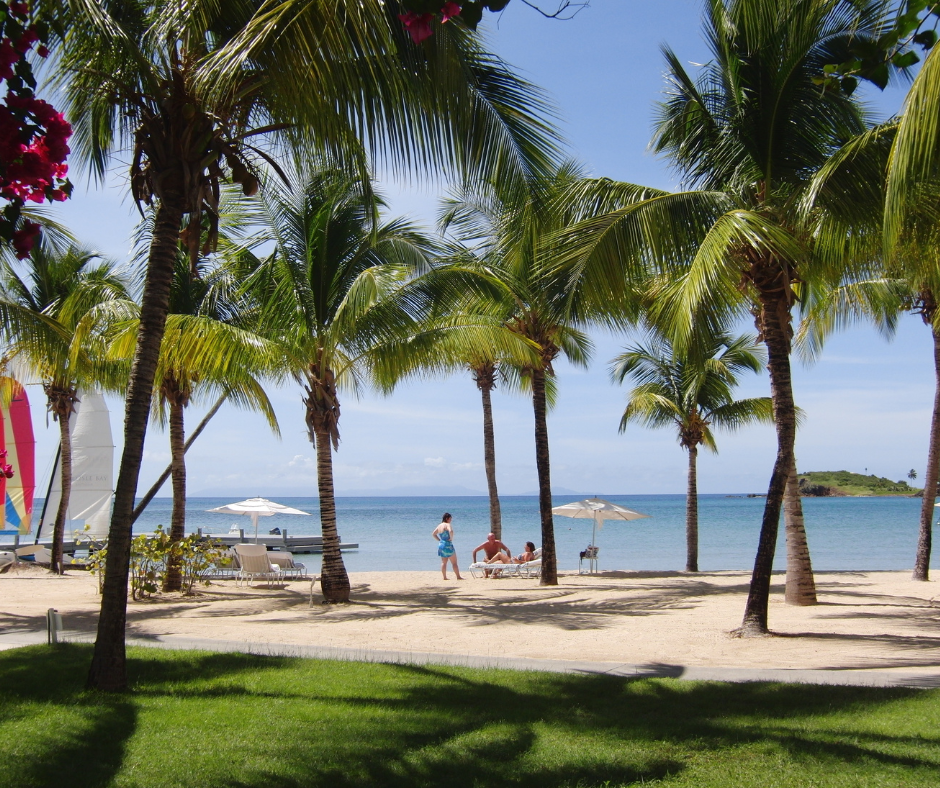
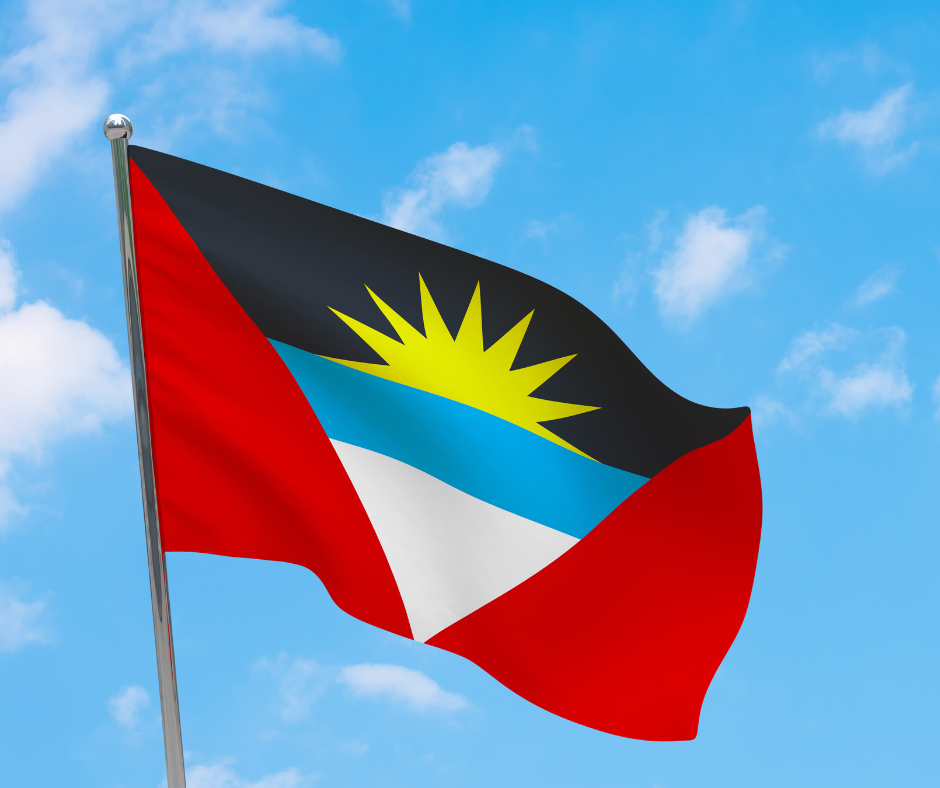

.png)





.png)
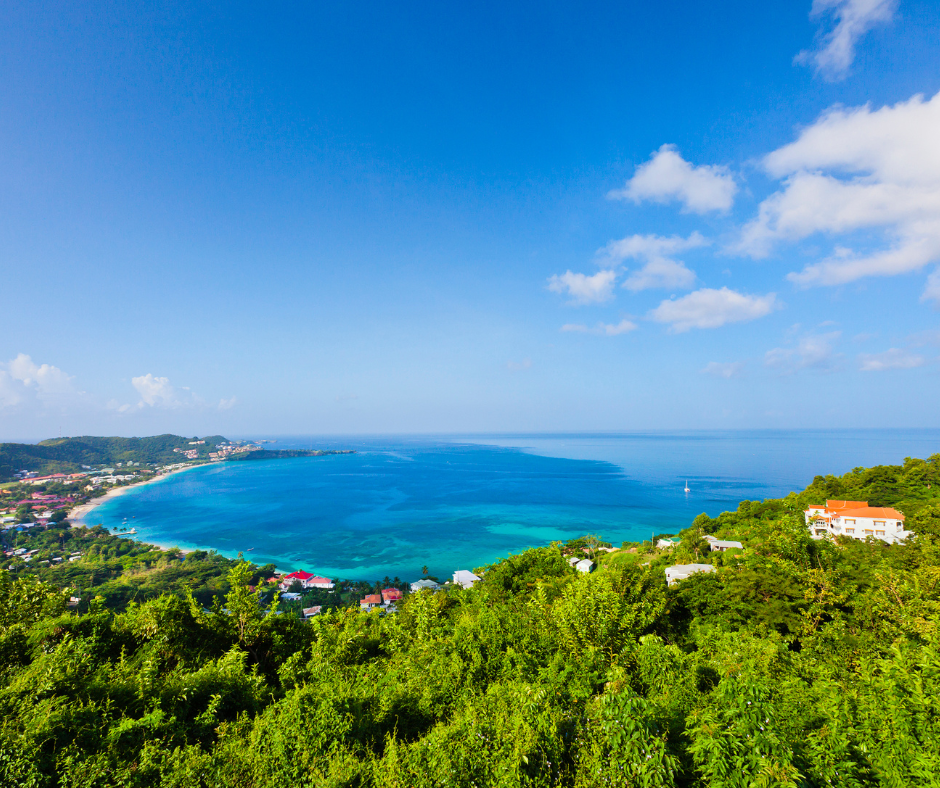
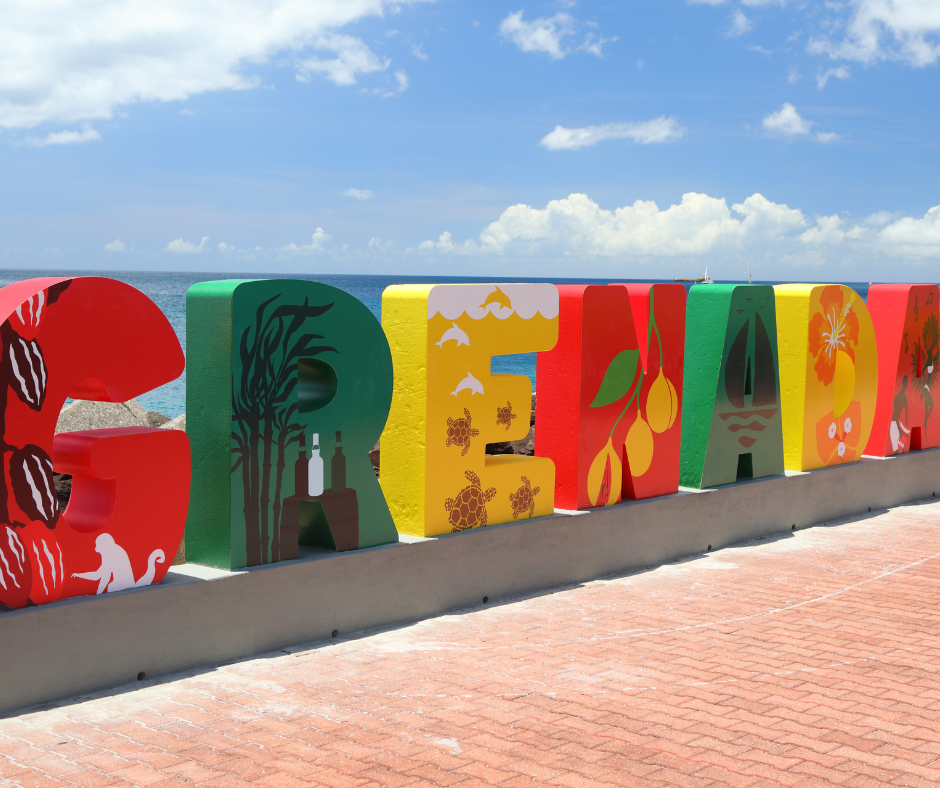



.png)

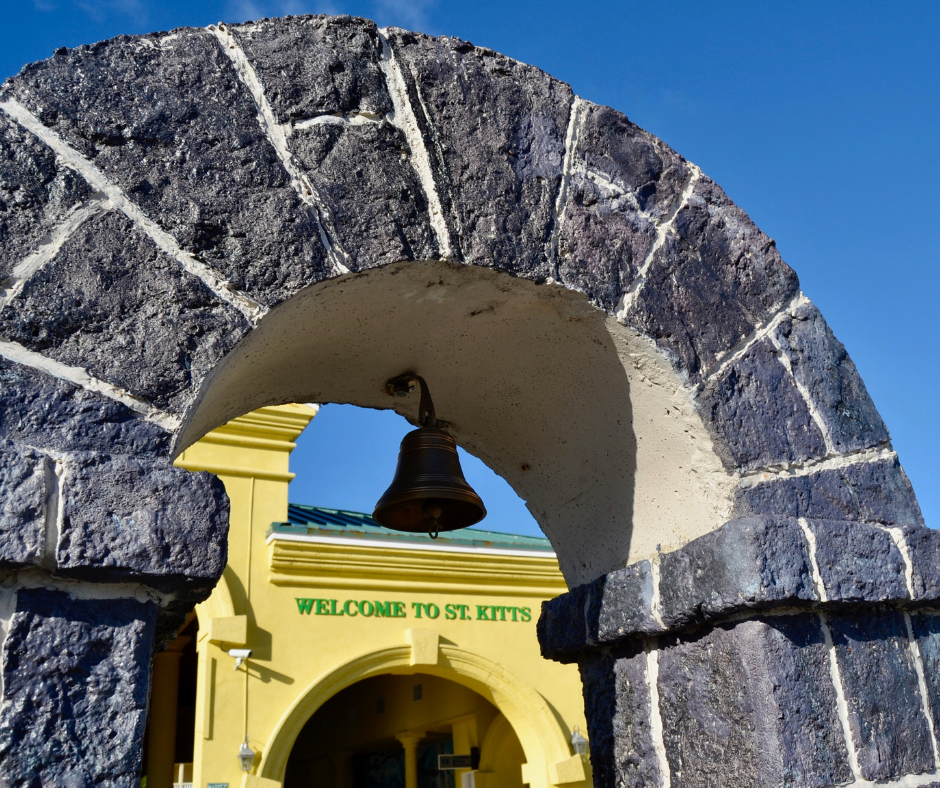

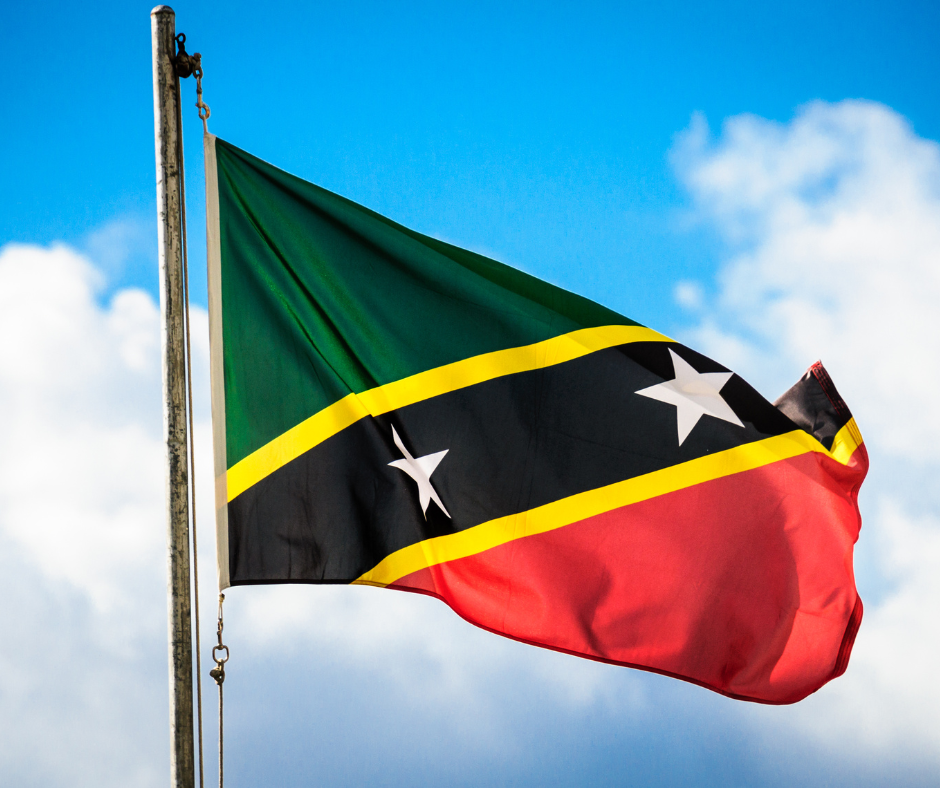

.png)




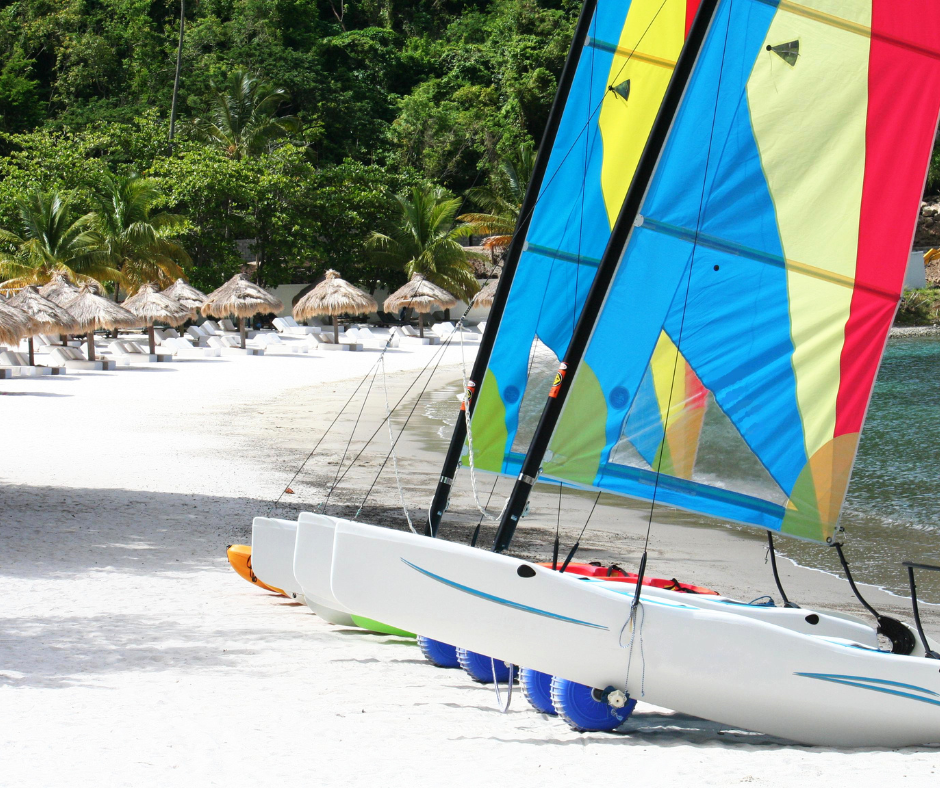

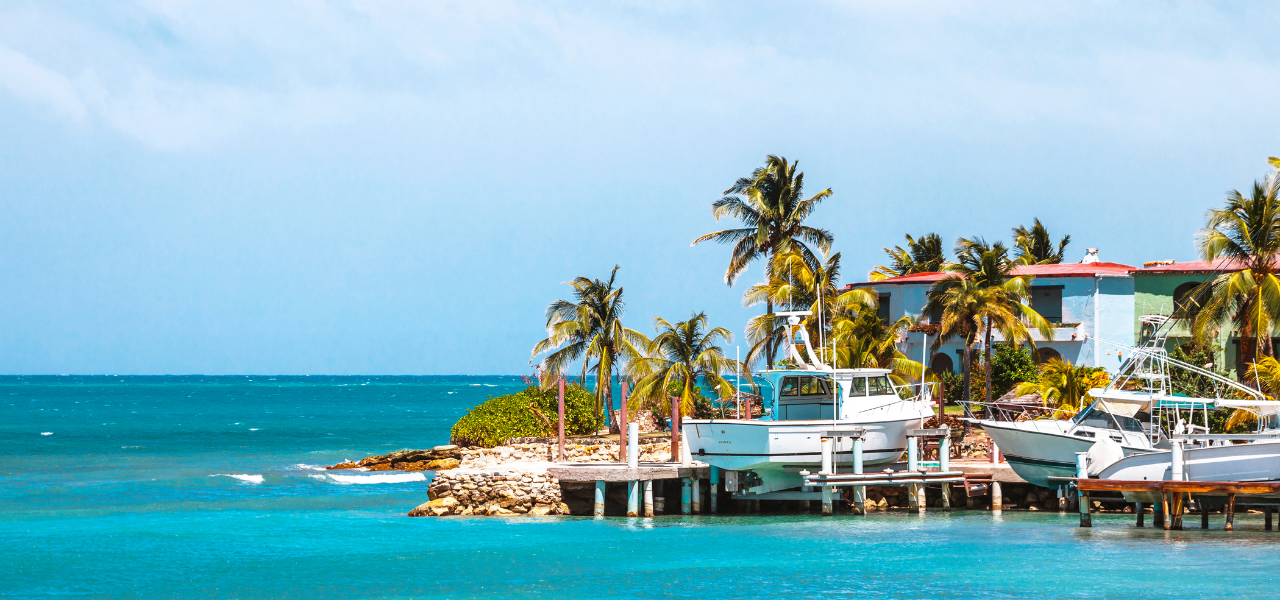
.png)
